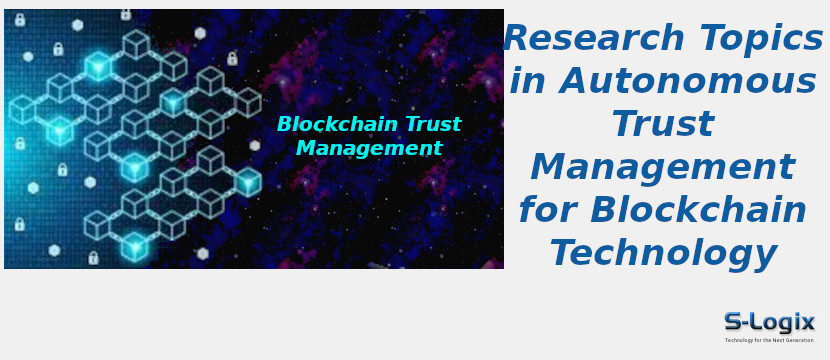Research breakthrough possible @S-Logix
pro@slogix.in
Blockchain technology commences a lot of decentralized applications in autonomous and peer-to-peer networks. The decentralized applications are employed in the transaction movement of tokens from end entities. Hence, there is a chance to terminate the transactions after updating with blockchain. There is a need to verify the end entities only record the transactions of trustworthy nodes.
